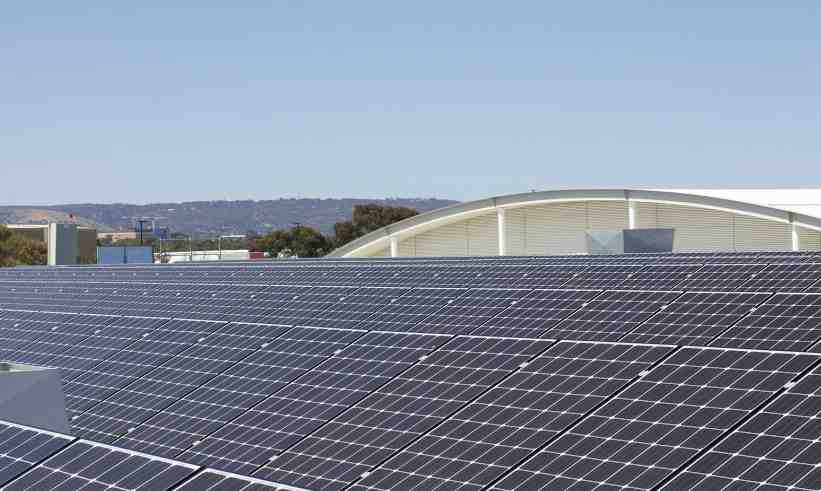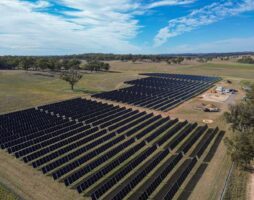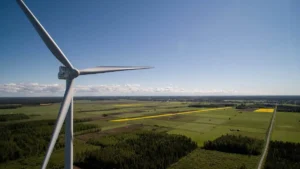US energy technology firm Enphase expects Australia to be one of the first markets in the world to reach “parity” for battery storage products.
Enphase CEO Paul Nahi told RenewEconomy in an interview this week that the commercial market – where business customers install storage to accompany their rooftop solar systems, and to avoid demand charges, and particularly in the Queensland market where exports to the grid are limited or banned outright.
“The market for storage is extremely fragmented and very embryonic,” Nahi said. “
“There is economic case for storage in US commercial market. We believe there is an economic case for storage in Queensland, as it implements its no export requirement, and there is an economic case in other commercial markets in Australia which are subject to demand charges.”
Nahi says there is also a strong economic case in Germany, which has got specific incentives to encourage the development of distributed storage.
“It’s a nascent market … prices are going to fall over the next couple of years to make it affordable and make it a better economic decision for large part of the market.”
Enphase intends to roll out the first of its battery storage pilots in Australia later this year. Its system, built into a 16kg-18kg box combines its micro-inverter and smart monitoring technology.
“The demand for high quality, intelligent solar is growing in Australia as businesses, utilities and consumers recognise the need for advanced monitoring systems,” he says.
Nahi’s comments echo those of Australian battery storage manufacturer Redflow, which said large scale storage was already competitive with certain tariffs in Europe. In Queensland, local network operator Ergon is installing 100 100kWh battery storage systems through its network, because it is cheaper than grid upgrades, and Deutsche Bank said battery storage would be cheap enough for mass deployment within 5 years.
Nahi is in Australia this week to celebrate the completion of the company’s largest micro-inverter installation to date – a 100kW solar system on the roof of the Adelaide Entertainment Centre.
Enphase has also announced its first strategic partnership in Australia, signing up with EnergyAustralia, one of the big three retailers in the country, to market its micro-inverter technology.
Enphase says it already has a 6 per cent share of the market in Australia, despite launching just 12 months ago. Nathan Dunn, the head of Asia Pacific operations for Enphase, intends to double that market share in 2015 in a solar market that it expects to remain strong.
Micro-inverters, Enphase says, are proving popular because of their ability to maximize generation from solar arrays. (One of the key benefits of micro inverters is that not all panels in a single array suffer a downturn in output if one panel is subject to shade).
It is the impending combination of solar, micro inverters, storage and monitoring technology that Enphase believes will radically change the industry.
“The impending introduction of advanced and affordable battery technology will have the potential to further disrupt the dynamics of the energy industry, with utilities already shifting their thinking around distributed generation and storage.”
Enphase has not yet announced the venue for its Australia trials, nor its likely pricing. Nahi says most of the pilots will be residential, both with new solar arrays and existing ones.
“We will look at the overall consumption of the building, and balance that with generation and storage, and we will look at rate structures,” Nahi said.








